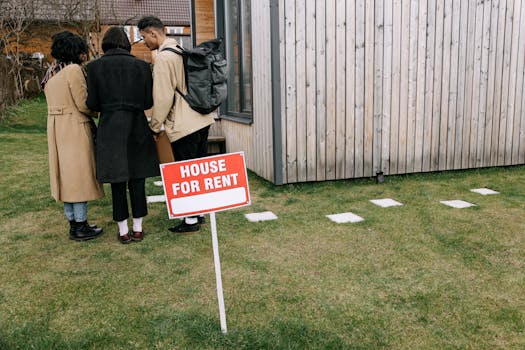Demystifying the Process of Renting in Reno
Renting a property in Reno can be a challenging yet exciting process, especially if you're new to the area or renting for the first time. Known for its vibrant community and proximity to stunning natural landscapes, Reno is a sought-after location for many. In this article, we will explore the various aspects of renting in Reno, from understanding the local rental market to choosing the right home for your needs.
Understanding the Reno Rental Market
Before diving into the rental process, it’s crucial to grasp the dynamics of the Reno rental market. Reno has seen significant growth over the years, driven by its expanding tech industry and attractive lifestyle. This growth has impacted rental prices and availability. According to recent statistics, the average rent for an apartment in Reno is around $1,400 per month, which varies widely depending on the area and type of property (Source: rentcafe.com).
Choosing the Right Type of Rental
Apartments
Advantages:
- Apartments in Reno often come with amenities like gyms, pools, and security services.
- They are typically located in central areas, close to shops, restaurants, and public transportation.
Disadvantages:
- Apartments can be smaller than other types of rentals and may offer less privacy.
- Higher demand in city centers can lead to higher prices.
Single-Family Homes
Advantages:
- More space, including outdoor areas.
- Greater privacy compared to apartments.
Disadvantages:
- Higher rental prices.
- Potentially higher utility costs and responsibility for maintenance.
Townhouses
Advantages:
- Often a middle-ground regarding space between apartments and single-family homes.
- Some amenities such as communal spaces.
Disadvantages:
- Limited availability in some areas of Reno.
- Can be priced similarly to single-family homes, depending on the location and amenities.
Navigating the Rental Application Process
Once you have decided on the type of property that suits your needs, the next step is to navigate the rental application process. This typically involves submitting a rental application, undergoing a background check, and providing proof of income. Landlords in Reno might also request references from previous landlords or employers to verify your reliability as a tenant.
Building a Strong Application A strong application can make a significant difference. Ensure your application is complete and includes all necessary documents. It’s also beneficial to have a good credit score, as this reassures potential landlords of your financial stability.
Signing the Lease
Before signing a lease, it's essential to understand what you are agreeing to. Leases in Reno can vary, so read the document thoroughly and don't hesitate to ask questions about clauses that are unclear. Common terms included in Reno rental agreements include the duration of the lease, the amount of rent and security deposit, policies on pets and renovations, and conditions for terminating the lease.
Living in Reno
Once you have successfully rented a property in Reno, you’ll be able to explore the city and enjoy everything it has to offer. From the bustling downtown area to the serene landscapes of nearby Lake Tahoe, Reno provides a unique living experience that combines urban conveniences with access to outdoor activities.
Conclusion
Renting in Reno offers a range of options, from modern apartments in the heart of the city to spacious homes in quieter neighborhoods. Each type of rental has its advantages and disadvantages, so consider your lifestyle and needs carefully before making a decision. Remember, a thorough understanding of the rental process and a strong application are key to finding your ideal home in this dynamic city.
If you're considering moving to Reno, start your search early to get the best selection of properties. With the right approach, you can find a rental that not only meets your needs but also allows you to enjoy the best of what Reno has to offer.

.png)



